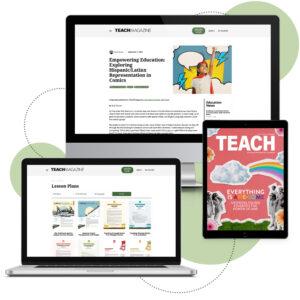By Nicole Barton-Spencer
I have been a public school counselor for 18 years, and during that time I’ve worked in every type of environment. My current position is at a middle school of around 1,700 students, where African American students make up almost 12 percent of the population.
In this role, I primarily address and have been trusted with the task of helping Black students (and white/Caucasian teachers) navigate the challenges of race and culture. Students want to know how they can have a voice in their diverse community, and teachers, in turn, want to know how to address the personal, educational, and social needs of these students.
For many teachers, the hardest part is connecting with Black students when communications and behaviors are often misinterpreted or lost in translation. In the face of this disconnect, what can be done to successfully reach and teach Black students?
Nicole Barton-Spencer is a Professional School Counselor of 18 years, originally from Fayetteville, NC, and now residing in Marietta, GA. She is the mother of two adult children and in her spare time she loves to travel, meditate, and attend arts & crafts fairs.


 Monthly Digital Subscription
Monthly Digital Subscription  Yearly Digital Subscription
Yearly Digital Subscription